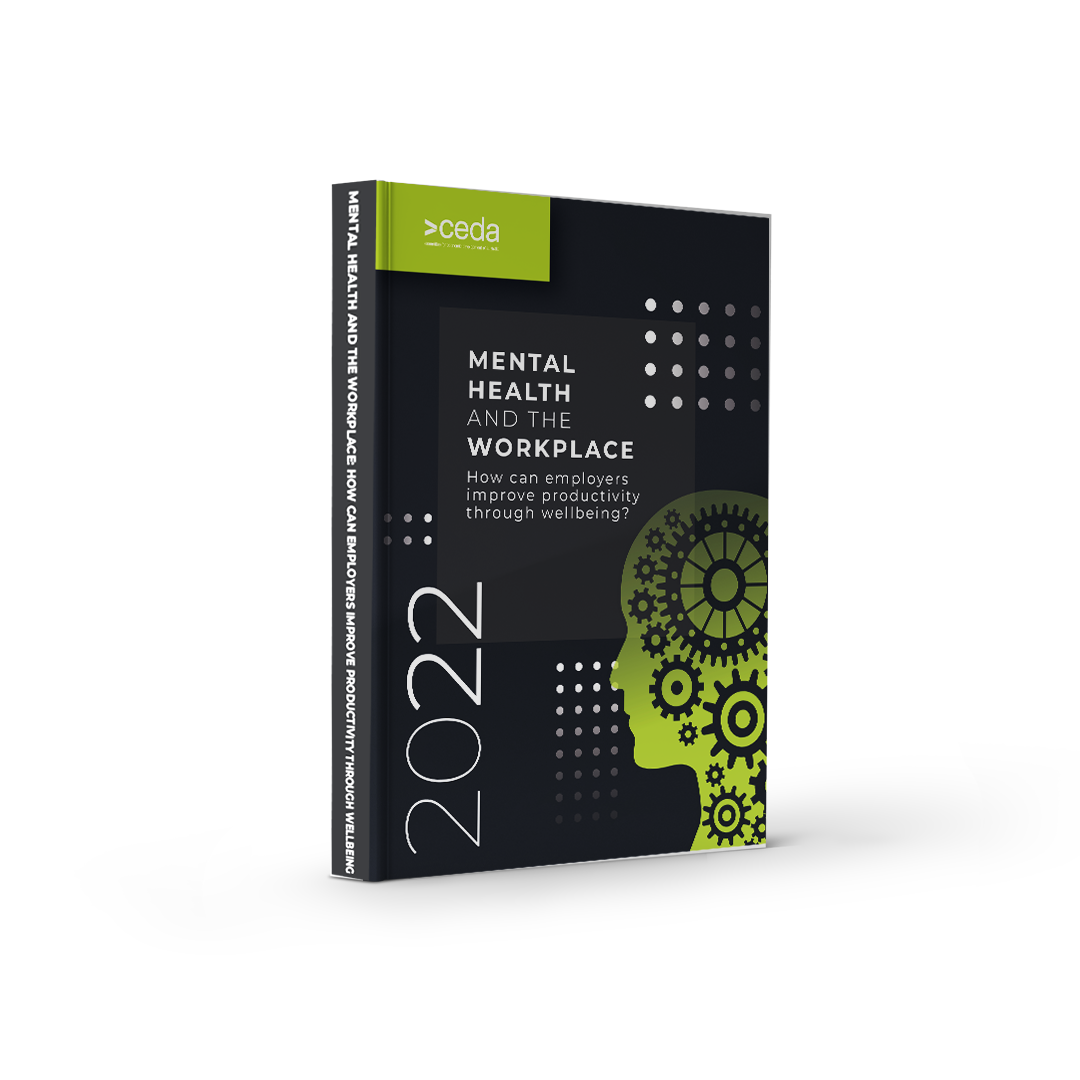Explore our Climate and Energy Hub
16/03/2023
The construction industry is a significant driver of Australia’s economy. It is our third largest industry, behind only mining and finance, and produces around eight per cent of our Gross Domestic Product (GDP) in value-added terms. In the 2022 fiscal year, the total value of infrastructure engineering construction work in Australia amounted to more than $40 billion.
What is not necessarily considered in generating this economic benefit is the value of the mental wellbeing of the individuals responsible for delivering this core industry. But supporting their mental wellbeing is vital to its continued success. Unfortunately, the industry is deemed at high-risk for mental ill-health and suicide.
The factors behind this are undoubtedly multi-faceted and complex. But if we consider that a job in the construction industry requires employees to be present or available for six to seven days a week, engaging in long work hours to deliver complex projects, dealing with ever-changing demands of high-pressure project delivery targets, while on fixed-time contracts, it’s unsurprising that something must give.
In 2018, a survey conducted by Professor Luke Downey from Swinburne University confirmed the suspicions of many in the industry that the state of mental health within the infrastructure construction industry was not what it should be. Almost half of the 683 respondents to the survey met the criteria for burnout; 85 per cent of respondents reported suffering from moderate to high levels of stress, and unsurprisingly, 59 per cent of respondents reported being dissatisfied with their work-life balance.
These results were accompanied by significantly elevated levels of depression and anxiety, indicating that drastic change was needed to address the personal toll of working in this industry.
The Cost of Doing Nothing Report also demonstrates that urgent change is needed to address cultural issues within the industry, which cost the economy close to $8 billion annually due to workplace injuries, mental illness, suicide, long work hours and a lack of diversity.
Currently, Australian construction workers are six times more likely to die from suicide than from an accident at work, with young construction workers more than two times more likely to take their own lives than other young Australian men.
The Downey-Swinburne and The Cost of Doing Nothing reports identified modifiable aspects of work conditions, organisational factors, and the culture underpinning work within the industry as contributing factors.
In a series of focus groups conducted by the authors, the drivers for the concerning mental health data from the Downey-Swinburne report were examined in detail by industry leaders. Several key themes emerged, with demand for construction resourcing being pegged as a significant driver of reduced wellbeing. The leaders observed that workload and resourcing pressures had been intensified by the volume of work and the pipeline of large-scale infrastructure projects underway or in planning.
Industry leaders identified the procurement environment and competitive tendering strategies as contributing factors to various stressful work conditions experienced in project delivery. In the competitive construction environment, timelines for project delivery may not always be realistic or achievable – despite the confidence they are presented with in tendering documents.
The leaders emphasised that numerous factors can adversely impact delivery timelines and create conditions in which people are required to work harder and longer to satisfy project requirements.
In an industry where more than 60 per cent of employees report working more than 50 hours per week, work hours are the most consistent and potentially improvable factor identified as driving reduced wellness. The leaders identified long work hours as a critical risk factor for mental ill-health in the industry.
Leaders also argued that, although tight timelines result in people needing to work long hours, long working hours should not be regarded as an inevitable feature of project-based construction work. How this could be reasonably and fairly implemented across the industry given the existing procurement, tendering, and resourcing challenges was, and still is, overwhelmingly beyond any solution individuals and companies have applied since 2018.
But pilot programs such as The Integrated Approach to Wellness demonstrate what is possible when taking a preventative approach to mental health and wellbeing. WorkSafe’s WorkWell Mental Health Improvement Fund supported the Integrated Approach to Wellness, which focused on preventing mental injury and illness by building a positive culture and transforming leadership practices.
The program was piloted on McConnell Dowell’s Mordialloc Freeway Project and ran for approximately 12 months, with an initial focus on culture and leadership interventions and shifting in the latter part of the pilot to focus on embedding new behaviours across the project. The participating employees reported a 60 per cent improvement in ‘work/life balance’, a 41 per cent reduction in ‘burnout’ and an average decrease of 39 per cent in levels of ‘depression, stress and anxiety’.
In addition, initiatives such as Culture in Construction, Wellness in Infrastructure, and Roads Australia’s Fellowship programs continue to focus on moderators of mental health within infrastructure. This highlights that there’s a groundswell of committed individuals, clients, and organisations advocating for change and attempting to address these systemic issues for a happier, healthier future within the infrastructure construction industry.
If you or someone you know are feeling overwhelmed, phone Lifeline on 13 11 14.
Statista Research Department, Jan 20, 2023
The cost of doing nothing report - BIS Oxford Economics, May 2021
Downey_Swinburne report - https://roads.org.au/wp-content/uploads/Mental-Health-Study-Outcomes.pdf
_2.png)
